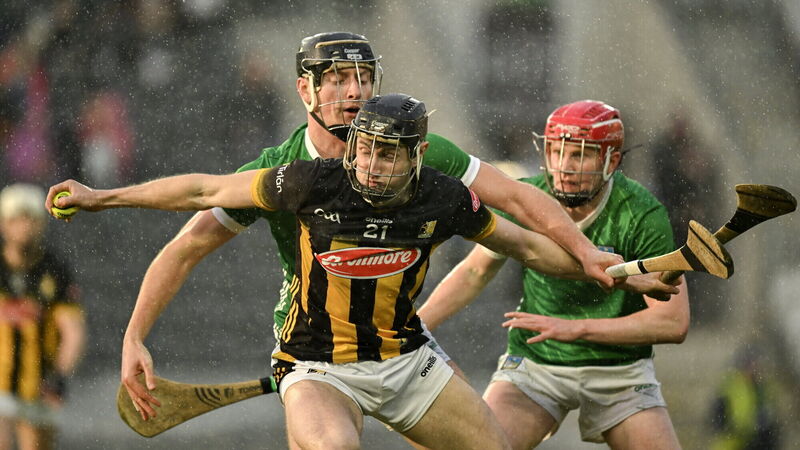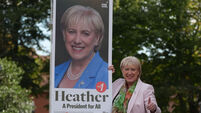Letters to the Editor: Shortened hurling season not respectful

Kevin Blanchfield of Kilkenny is tackled by Limerick's Conor Boylan during the Allianz Hurling League Division 1 semi-final match at SuperValu Páirc Uí Chaoimh in Cork. Picture: Brendan Moran/Sportsfile
Having listened to Clare’s John Conlon and the Waterford manager Davy Fitzgerald ( , RTÉ Radio 1) after the round of league matches on March 10, and having read Eoghan Cormican and Paul Keane’s articles ( , March 20), it is clear that the hurling season hasn’t really begun yet, nor will it until the start of the championship on April 21.
This — with the GAA in recent years having already shortened the season so that it ends by mid- to late July — is not reasonable from a supporters point of view, nor is it respectful of our national game.











